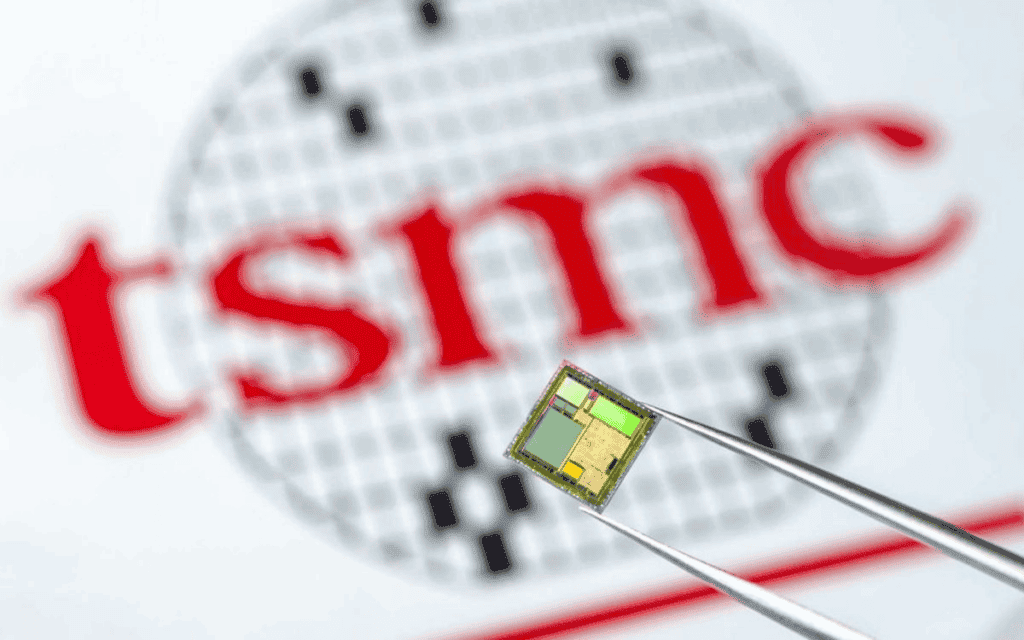TSMC
Apple Delays 2nm Chips for 2026 Due to Yield Challenges

Marco Lancaster
December 31, 2024

As per reports, Apple planned to launch the iPhone 17 Pro series in 2025 featuring a new 2nm chipset. However, the plans changed and we won’t see 2nm chips until 2026 due to challenges faced by TSMC.
The reports come from South Korea citing insiders. According to it, TSMC is facing challenges with its wafer yield. Also, the 2nm chips are yet to go through certification for mass products. The demand is huge for test products. The chipmaker is adapting its existing facilities for the new process. This will take some time.
TSMC Will Take Until 2026 to Adapt to 2nm Mass Manufacturing, Apple Will Wait
TSMC stands as the sole producer of chips for Apple devices. These include the iPhones and MacBooks. While Apple represents a good chunk of TSMC chips, it also needs to serve other prominent names including NVIDIA and Qualcomm. These two companies are in talks with Samsung Electronics to expand production to Korean foundries if tensions in Taiwan worsen. TSMC’s fellow in Taiwan, the chipmaker MediaTek, also relies on it for its new chips.
Join GizChina on Telegram
The Taiwanese chipmaker currently produces 10,000 wafers monthly. The plans are to expand to 80,000 by 2026. The facility in Arizona, United States, will contribute to achieving a total production capacity of 140,000. This is a long-term plan, but that should ensure 2nm mass production by 2026.

No 2nm Chips in 2025
Apple would debut the first 2nm chips if everything went according to the plan, but it can still be in 2026. Considering the challenges seen by TSMC, other companies will likely remain on the 3nm process for another year. Hence, Apple could launch its 2nm chips in September or in November 2026 with new M-series chips.
Read Also: iPhone SE 2025 has Its Price Info Leaked
Taiwan’s Economic Daily reports that TSMC’s 2nm wafer yield is at 60%, meaning 40% of each wafer is unusable. With each wafer costing KRW 44 million (~$30,000), TSMC incurs monthly losses of $120 million due to inefficiencies in the new process.
To address this, Apple will stick with the 3nm process for another year. It gives TSMC time to improve yields and adjust pricing. Meanwhile, Samsung is also facing hurdles, needing to enhance both the yield and performance of its 2nm chips. They currently lag behind TSMC’s advancements.
Disclaimer: We may be compensated by some of the companies whose products we talk about, but our articles and reviews are always our honest opinions. For more details, you can check out our editorial guidelines and learn about how we use affiliate links.
Source/VIA :
GSMArena